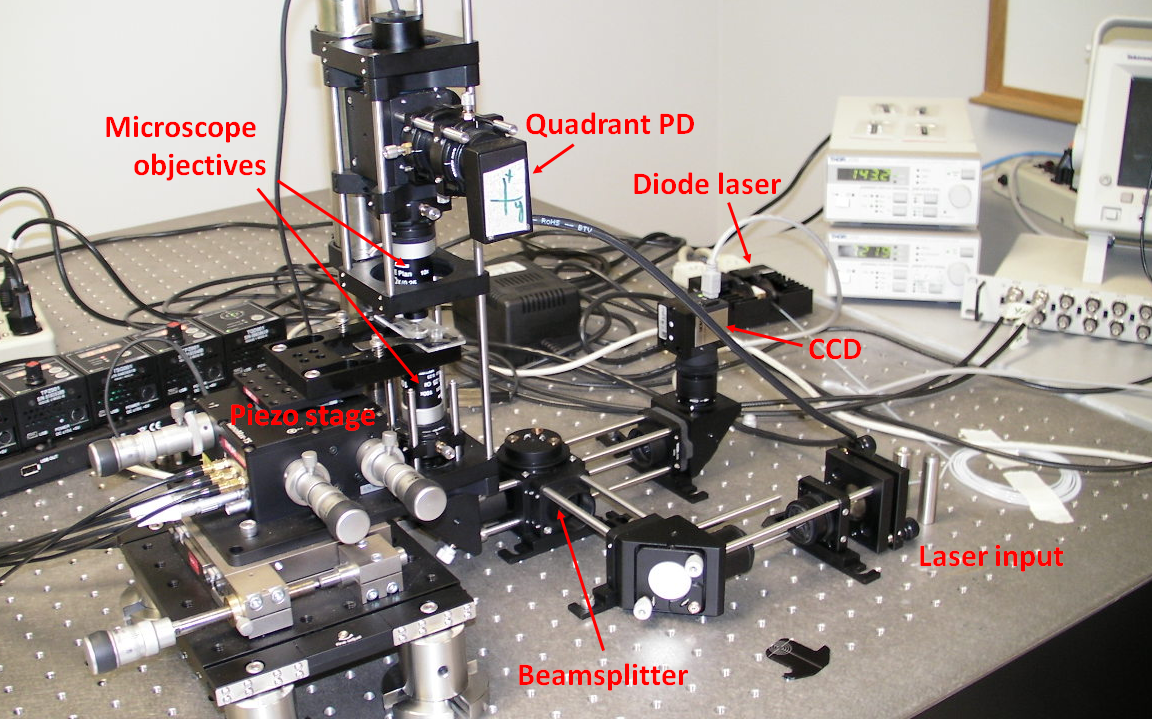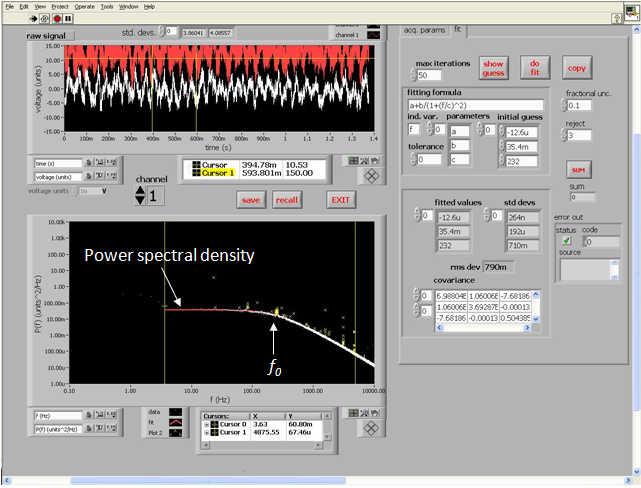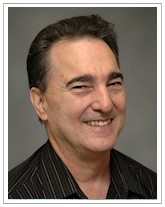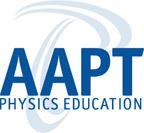- Home
- What We Do
- Laboratory Immersions
- Immersions 2018
- Imm2018Florida_OpticalTrapping
Optical Trapping in Biological Physics
University of Florida, June 27-29, 2018
(One set-up) CLOSED
 The theory and practice of optical trapping (also called laser tweezers) have been developed to a high degree. However the basic physics is readily understood by reference to familiar concepts from optics, mechanics and statistical physics. The force provided by the focused light beam acts like a Hooke’s Law spring to pull the particle into the beam focus. In this workshop we use a component-based optical trap design that employs an infrared diode laser beam and monitors the displacement of the trapped particle with a quadrant photodetector. Participants will learn the layout and optical alignment of the trapping apparatus, and will then measure the forces generated by the optical trap. This is done by measuring fundamental physical behaviors of particles within the trap, including the frequency spectrum of their Brownian movement and their response to hydrodynamic drag. Participants will then use the optical trap to study the propulsion force generated by a swimming bacterium or by a biomolecular motor operating within a plant cell.
The theory and practice of optical trapping (also called laser tweezers) have been developed to a high degree. However the basic physics is readily understood by reference to familiar concepts from optics, mechanics and statistical physics. The force provided by the focused light beam acts like a Hooke’s Law spring to pull the particle into the beam focus. In this workshop we use a component-based optical trap design that employs an infrared diode laser beam and monitors the displacement of the trapped particle with a quadrant photodetector. Participants will learn the layout and optical alignment of the trapping apparatus, and will then measure the forces generated by the optical trap. This is done by measuring fundamental physical behaviors of particles within the trap, including the frequency spectrum of their Brownian movement and their response to hydrodynamic drag. Participants will then use the optical trap to study the propulsion force generated by a swimming bacterium or by a biomolecular motor operating within a plant cell.

Bob DeSerio received his B.Sc. from the Polytechnic Institute of Brooklyn and his Ph.D. from the University of Chicago in experimental atomic beam physics performed at Argonne National Lab and at the University of Notre Dame. After post-doctoral work at the University of Arizona involving molecular physics, he joined the faculty at the University of Tennessee with research performed at Oak Ridge National Lab. He is now at the University of Florida where he directs the instructional physics laboratories. Recently, he has designed introductory physics labs for online students that can be done at home using a wireless data acquisition devise. He also teaches in the advanced physics lab and has designed and written guides for experiments such as the chaotic pendulum, optical tweezers and fluorescence correlation (with Steve Hagen), muon physics (with Darin Acosta) and studies of a quartz crystal tuning fork in superfluid helium (with Yoonseok Lee).
Robert DeSerio, University of Florida, Department of Physics, PO Box 118440, Gainesville FL 32611-8440. Email: deserio@phys.ufl.edu. Telephone: (352) 392-1690.
Please note that the Jonathan F. Reichert Foundation has established a grant program to help purchase apparatus used in Laboratory Immersions. Limitations and exclusions apply, but generally speaking the foundation may support up to 40% of the cost of the required equipment.






